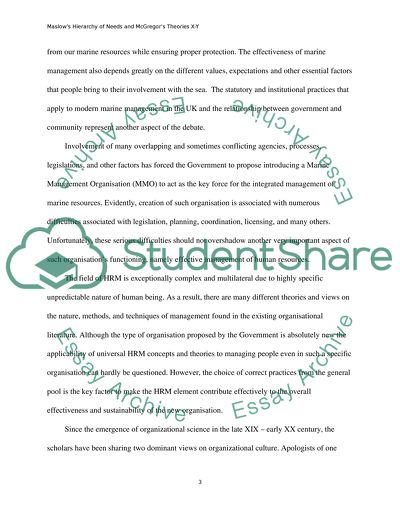Cite this document
(“McGregor's Theories and Maslow's Hierarchy of Needs Essay”, n.d.)
McGregor's Theories and Maslow's Hierarchy of Needs Essay. Retrieved from https://studentshare.org/miscellaneous/1499164-mcgregors-theories-and-maslows-hierarchy-of-needs
McGregor's Theories and Maslow's Hierarchy of Needs Essay. Retrieved from https://studentshare.org/miscellaneous/1499164-mcgregors-theories-and-maslows-hierarchy-of-needs
(McGregor's Theories and Maslow'S Hierarchy of Needs Essay)
McGregor's Theories and Maslow'S Hierarchy of Needs Essay. https://studentshare.org/miscellaneous/1499164-mcgregors-theories-and-maslows-hierarchy-of-needs.
McGregor's Theories and Maslow'S Hierarchy of Needs Essay. https://studentshare.org/miscellaneous/1499164-mcgregors-theories-and-maslows-hierarchy-of-needs.
“McGregor's Theories and Maslow'S Hierarchy of Needs Essay”, n.d. https://studentshare.org/miscellaneous/1499164-mcgregors-theories-and-maslows-hierarchy-of-needs.


